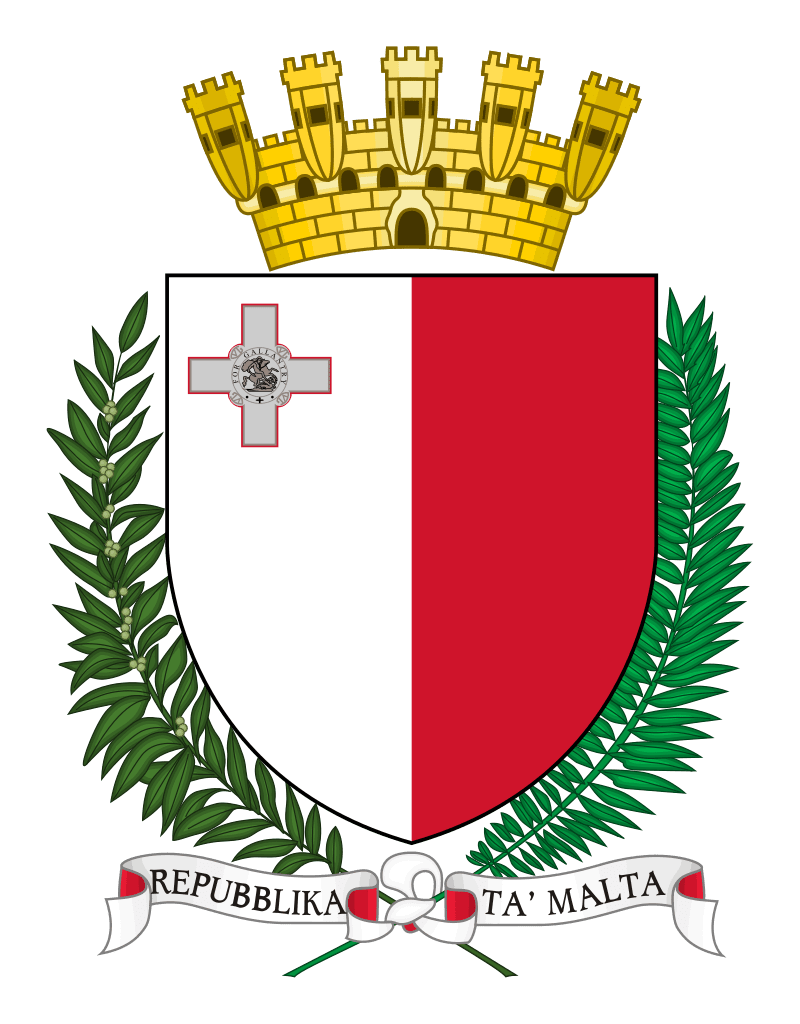baħar abjad imsaġar taż-żebbuġ
white sea olive groves
white sea olive groves – an imagining of an array of whites from ancient and contemporary times, shaped into a vast cradle within which civilisation relishes myriads of cultures, art, and diversity: a visual festa inspired by a process of formulating new narratives for the region.
Narratives that confront the horrendous stink of death by drowning; narratives that can defeat discourse fuelling fundamentalism and nationalism – a choral ‘hymn to the universe’, celebrating peace and harmony, defying war(s) with olive branches in hand, gleaned from the evergreen olive groves of the Mediterranean, blending with the sparkling whiteness of the seas that surround them: a provocative artistic initiative inviting a rethink of global mindsets about art and society, emanating from the deep south of the European continent.
When
From March 13 to May 31, maltabiennale.art ignited a fascinating conversation between contemporary art and heritage across Malta and Gozo.
Coinciding with spring, the inaugural edition unfolded amid the Mediterranean’s warm weather and extended daylight hours. As the islands celebrate the start of their culturally rich festa season, marked by week-long festivities and masterful firework displays, numerous other major arts and cultural events take place during this time of the year, enriching one’s cultural journey across Malta and Gozo.
Where
maltabiennale.art 2024 transformed some of Malta’s most beloved heritage sites into stages for artistic creations and expressions.
With a long and rich history that spans all the way back to Neolithic times, the Maltese islands have been at the centre of cultural encounters within the Mediterranean since the dawn of civilisation. The Maltese identity reflects this colourful past: from the seafaring Phoenicians to the British Empire’s colonial rule, the islands are a living, breathing testament to the importance of cultural and historical heritage.
The capital Valletta is recognised as a UNESCO World Heritage site that together with its neighbouring harbour cities of Birgu, Bormla, and Isla forms a treasure box of majestic palazzos, forts, churches, museums, and more. Sister island Gozo, with its emerald hills dotted with quaint villages, retains an idyllic rural charm to this day.
Organising Bodies & Collaborators
maltabiennale.art is a Heritage Malta initiative through MUŻA, the Malta National Community Art Museum, in partnership with Arts Council Malta under the Patronage of H.E. the President of Malta and UNESCO. The biennale is also presented in cooperation with the Ministries for Foreign and European Affairs and Trade, National Heritage, the Arts and Local Government, and Gozo, as well as with Visit Malta, Malta Libraries, MCAST, Festivals Malta and the Valletta Cultural Agency.
The Themes of the Main Pavilion
The main pavilion’s four central themes for the 2024 edition were: Can You Sea?: The Mediterranean as a Political Body; The Counterpower of Piracy; Decolonising Malta: Polyphony Is Us; and The Matri-archive of the Mediterranean.
The Artists
Over 80 artists participated in the 2024 maltabiennale.art! From bold innovations to classical inspirations, each artist brought a world of creativity and cultural richness.
Thematic/National Pavilions
The 2024 edition included a number of national and thematic pavilions showcasing contemporary art, offering visitors an immersive journey through diverse creative expressions and perspectives.
Events
The 2024 edition provided an array of events including captivating performances, art films, enlightening lectures, interactive workshops, and family-friendly events for kids. This allowed visitors to dive into the heart of art and culture in a celebration that unites artists and audiences alike.
Official catalogue for maltabiennale.art 2024
maltabiennale.art seeks to meaningfully reflect on the predominant and overlooked narratives about the Mediterranean cultural landscape inherited from past generations to inform a better insight into the present and catalyse new encounters, enriching ideas about the future using venues of poignant historical relevance locally and internationally.




